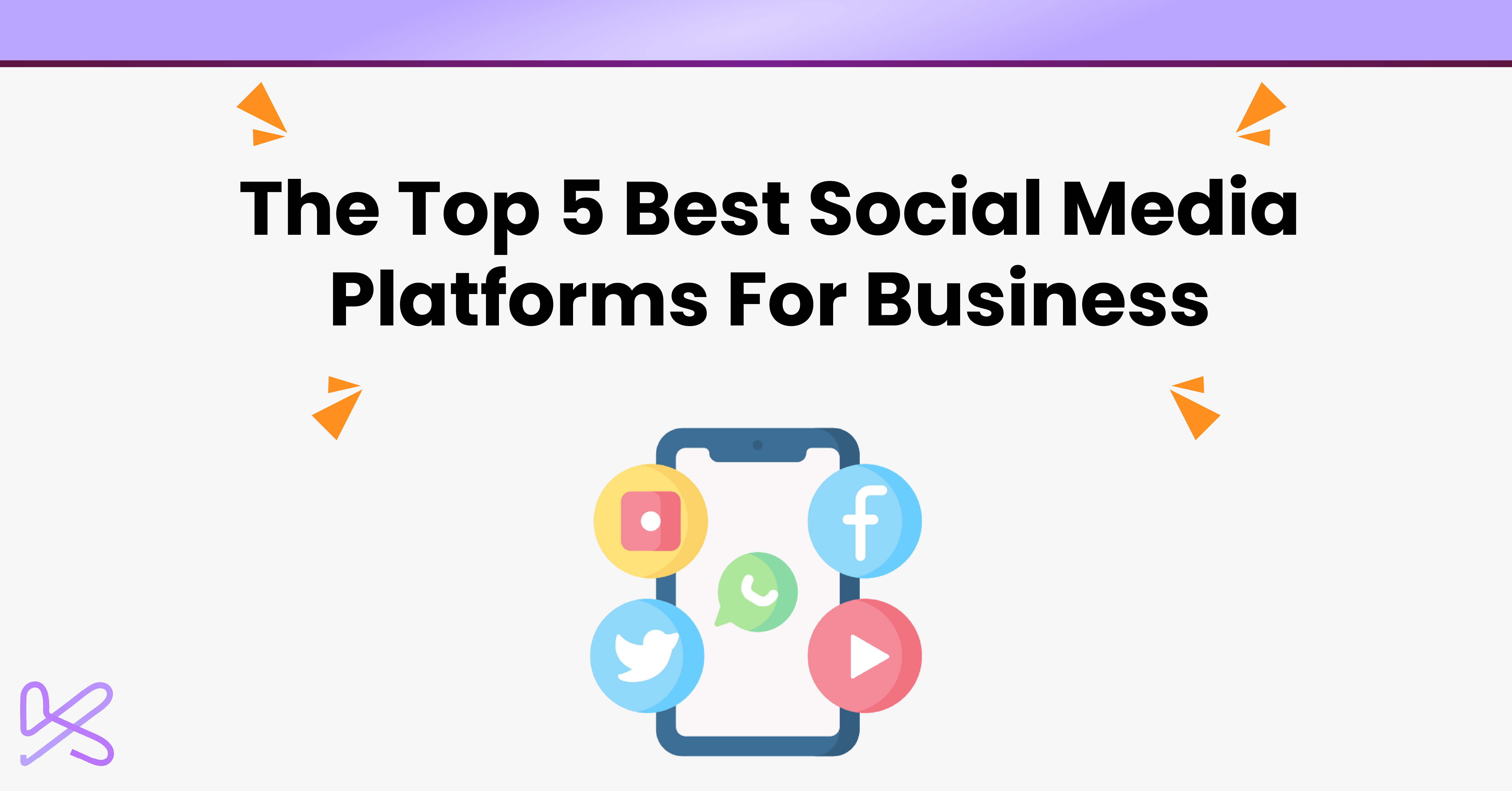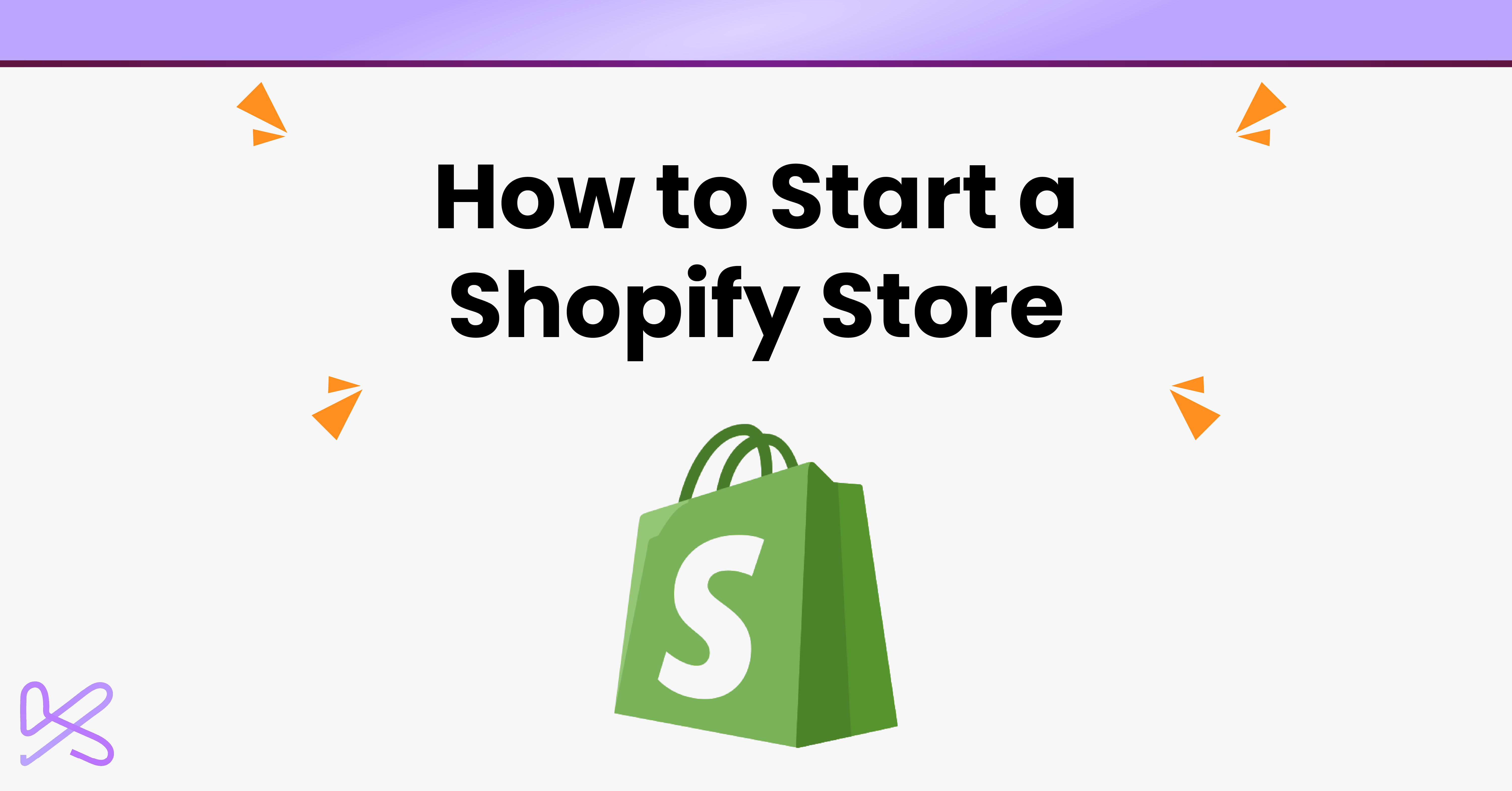Social media has changed how businesses reach customers, promote their brand, and increase sales in the digital era. With a plethora of platforms available, choosing the right ones can be overwhelming. This guide will discuss the top five social media platforms for businesses to use in their marketing strategies.
1. Facebook: Connecting with Billions
With over 2.7 billion monthly active users, Facebook remains the undisputed king of social media platforms. Its extensive user base and diverse demographics make it an indispensable tool for businesses of all sizes. Facebook provides great chances for businesses to connect with their target audience through creating pages and running ad campaigns.
Facebook’s advertising platform allows businesses to precisely target their ads based on demographics, interests, behavior, and more. This level of targeting ensures that your content reaches the right audience, maximizing its effectiveness.
Furthermore, Facebook’s robust analytics tools provide valuable insights into your audience’s behavior and preferences, allowing you to refine your marketing strategies for optimal results.
Nescafé effectively reinforces its brand image of simplicity through concise and easily understandable captions. Additionally, the brand employs emojis to add a personalized touch to interactions, creating a more relatable and personable brand identity.
2. Instagram: Visual Storytelling Excellence
Instagram is a popular platform for businesses to share their products and services through photos and videos. It is visually appealing and effective for marketing. With over 1 billion monthly active users, Instagram provides businesses with a platform to captivate their audience and build a visually compelling brand presence.
The platform’s emphasis on visual content makes it ideal for businesses in industries such as fashion, beauty, travel, and food. Instagram’s Stories feature and IGTV provide additional avenues for creative storytelling and audience engagement, allowing businesses to connect with their audience in more immersive ways.
Moreover, Instagram’s shopping features enable businesses to sell products directly through the platform, making it an invaluable tool for e-commerce businesses looking to drive sales and conversions.
Bien Cuit exemplifies effective Instagram usage. They consistently capture clean, symmetrical photos, blending dark, rich hues with off-white or block-colored backgrounds. Their sharp imagery immerses viewers, evoking the sensory experience of hearing bread crack.
3. LinkedIn: The Professional Networking Hub
LinkedIn is the go-to platform for professionals and businesses seeking to establish thought leadership, network with industry peers, and generate leads. With over 700 million users, LinkedIn offers robust targeting options for businesses to reach decision-makers and industry-specific audiences. From publishing insightful articles to participating in industry groups, LinkedIn provides ample opportunities for businesses to showcase their expertise.
One of the key advantages of LinkedIn is its ability to connect businesses with a highly targeted audience of professionals. Whether you’re looking to attract top talent, generate leads, or establish yourself as a thought leader in your industry, LinkedIn provides the tools and resources to help you achieve your goals.
Additionally, LinkedIn’s advertising platform allows businesses to create highly targeted ad campaigns tailored to their specific objectives, whether it’s brand awareness, lead generation, or website traffic.
eGourmet Solutions has a great LinkedIn page. They target industry professionals and decision-makers by publishing articles about key industry terms and topics. On top of that, they strike a good balance between casual and formal by also having recurring series of posts that target more start-up food brands.
4. Twitter: Real-Time Engagement
Twitter’s fast-paced nature makes it ideal for businesses looking to engage in real-time conversations, share updates, and stay updated on industry trends. With over 330 million monthly active users, Twitter provides businesses with a platform to connect with customers directly, participate in industry chats, and showcase their brand personality.
Twitter’s unique features, such as hashtags and trending topics, enable businesses to amplify their reach and visibility, making it an invaluable tool for increasing brand awareness and driving engagement.
Moreover, Twitter’s advertising platform allows businesses to create targeted ad campaigns that appear in users’ feeds, search results, and timelines, ensuring that their content reaches the right audience at the right time.
Oreo is great at being active and participating on Twitter. Mondelez International, the parent company of the Oreo brand, dedicated a year and a half to refining the social media aspects of its content marketing initiatives. The brand established a dedicated team of social media experts, known as a “war room,” capable of swiftly crafting witty responses to current events and trends on Twitter.
5. YouTube: The Power of Video Content
As the second largest search engine after Google, YouTube boasts over 2 billion logged-in monthly users. Businesses can leverage YouTube to share informative tutorials, product demonstrations, behind-the-scenes footage, and customer testimonials. Video content has proven to be highly engaging and shareable, making YouTube an essential platform for businesses looking to expand their reach and connect with their audience on a deeper level.
YouTube’s advertising platform allows businesses to reach their target audience through various ad formats, including skippable ads, non-skippable ads, and display ads. With advanced targeting options and robust analytics, businesses can track the performance of their ad campaigns and optimize them for maximum effectiveness.
Kraft uses a unique approach on YouTube, bringing in influencers and professional chefs that do videos on their favorite recipes. They also focus a lot of family and the social aspect of food, making their videos easily findable and correlate well with search terms.
In conclusion, leveraging the right social media platforms is crucial for businesses looking to succeed in today’s competitive landscape. By strategically utilizing platforms like Facebook, Instagram, LinkedIn, Twitter, and YouTube, businesses can enhance their brand visibility, engage with their audience, and drive meaningful results. Businesses can use social media marketing to reach their goals and boost their brand by planning and executing strategies effectively. If all this seems too difficult, contact us to get started on the right social platforms for you. Koya Digital is a modern digital marketing agency that specializes in cutting-edge, data-first strategies, to help frozen food & beverage businesses succeed online.


